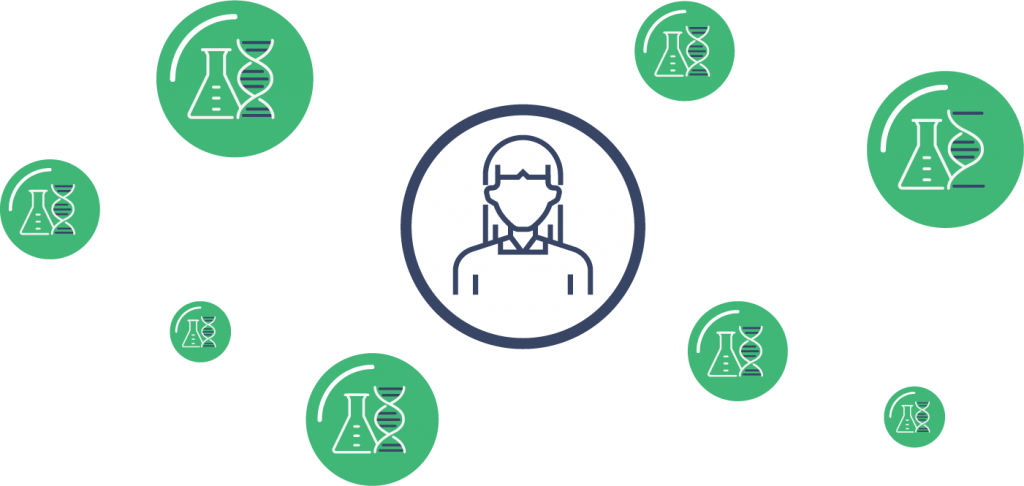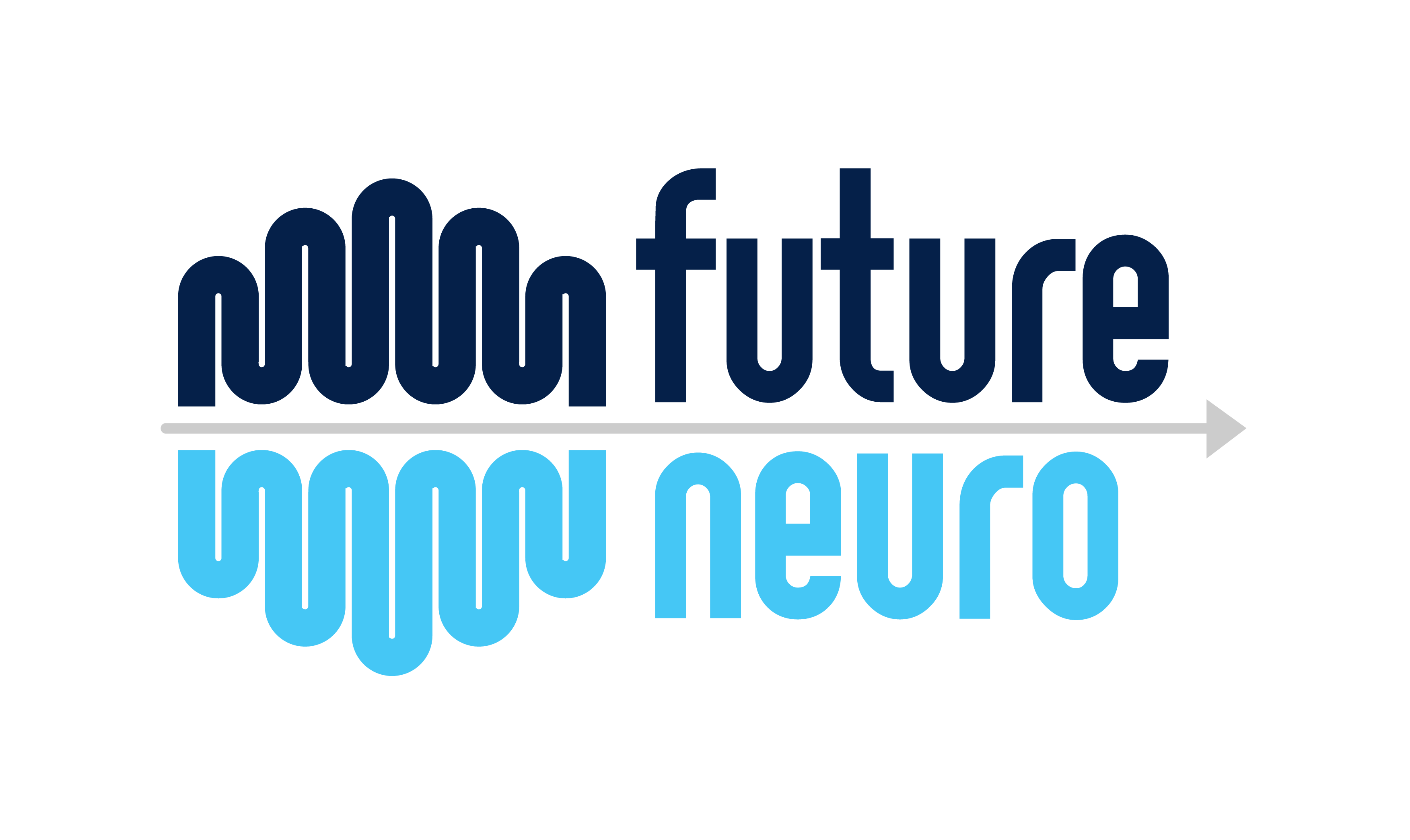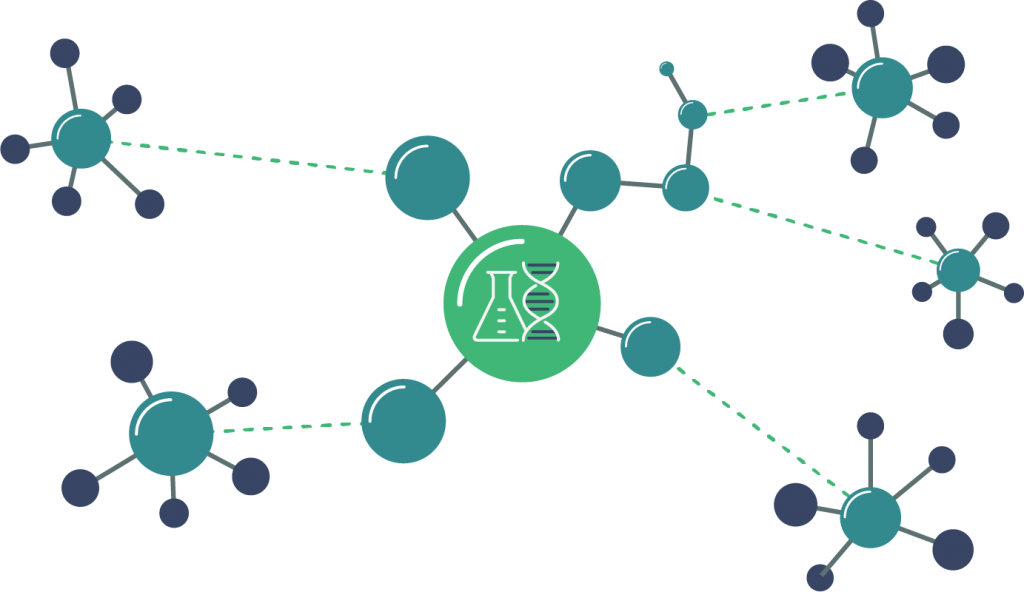Participants of the BESTS system who are interested in knowing what clinical trials are available to them have a say and consent to what health data they want included in the system. In this way and for each individual patient, a solution can find for them based on their own specific set of circumstances and disease.
But what do we mean by health data?
There are many different types of data:
Clinical data such as details about our condition, medical scans or even what medication we are taking.
Genomic data including information about a gene that is influencing a condition or disease.
Lifestyle data captured from wearable devices like a smart watch which measures our sleep and heart rate.
Patient reported data which created, recorded, or gathered by or from patients (or family members or other caregivers) to help address a health concern. This can include health history, symptoms, lifestyle choices, quality of life to name but a few.
Health data has become more than something to collect and store. It is now recognised as an important resource and tool.
Large volumes of information known as ‘Big Data’ can inform developments in healthcare service delivery, research discovery, clinical trial planning, medicines development and even demonstrating value for money to regulatory bodies for access to new treatments and therapies.
By improving the clinical trial process and ensuring necessary recruitment to these studies, we can sure that the path to approved therapies is not slowed down.
Visit our section on Clinical Trials to learn more about these clinical research studies.




